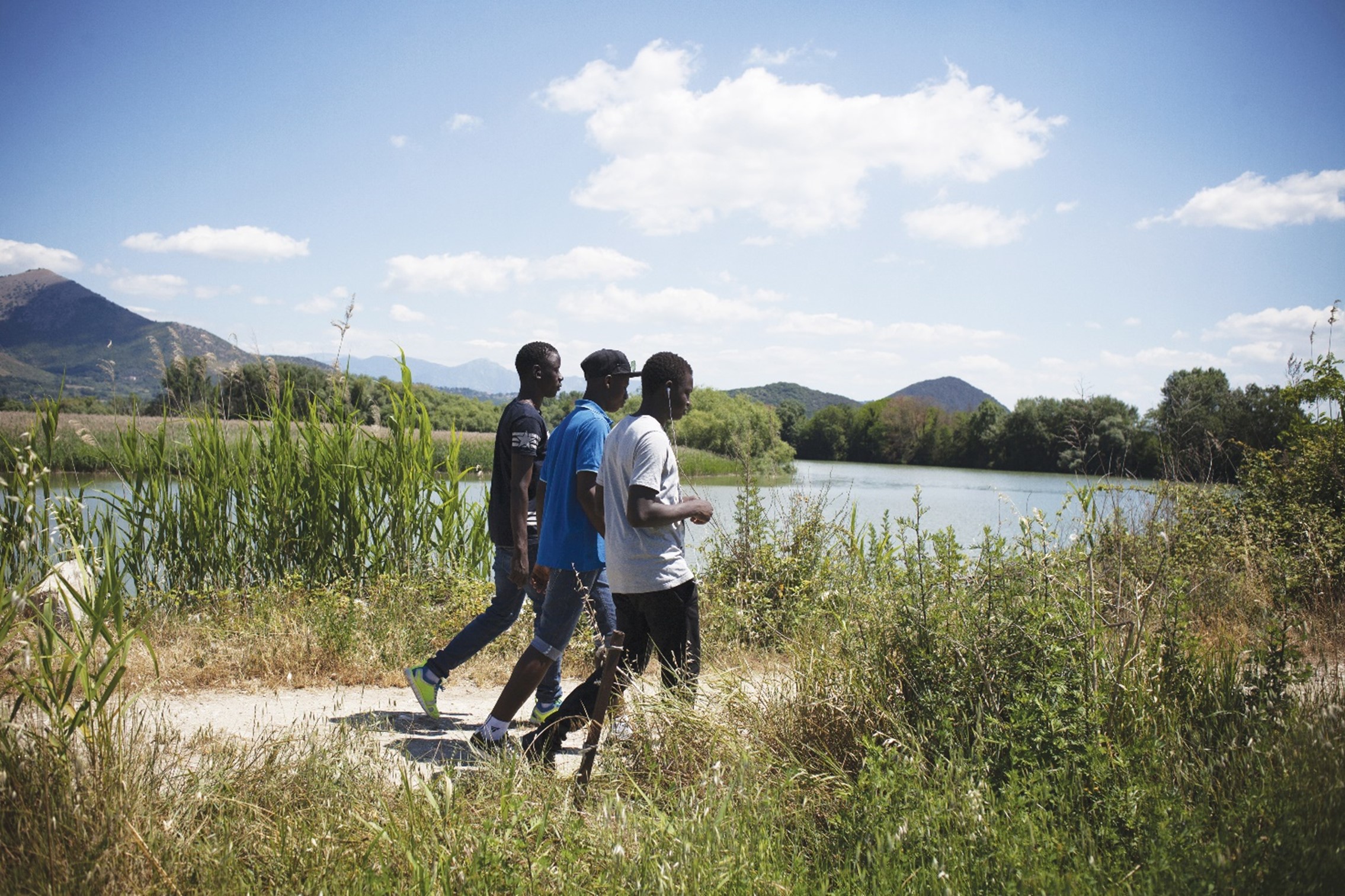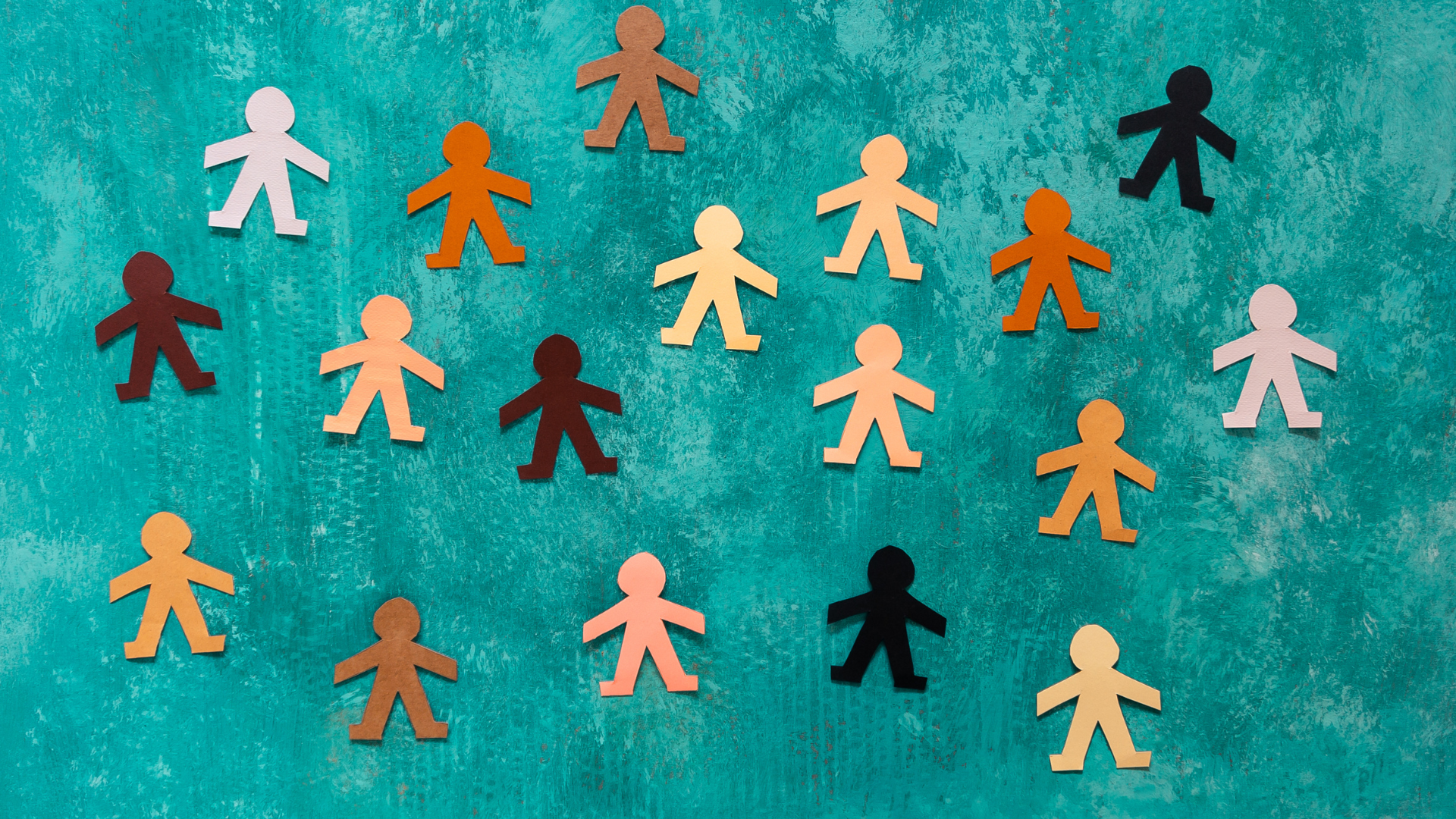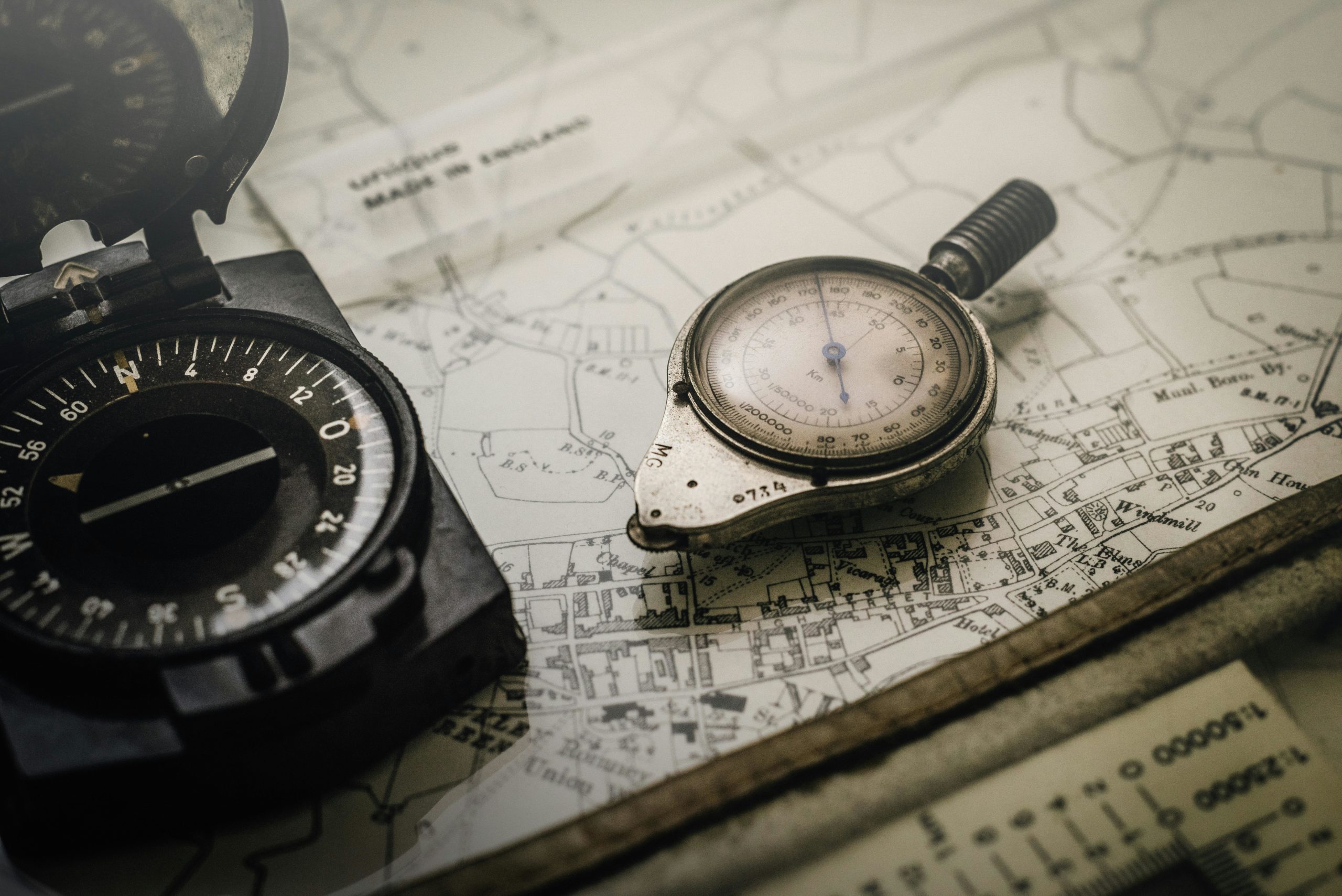Everyone deserves affection and support in growing into adulthood
Led by the Italian organisation CIDIS, who is also partner of Eurochild in the DAY Project, the FA.B! Together initiative hosted a debate on alternative hosting solutions for young unaccompanied minors in Europe.
Blog by Federica Mastroforti, who is resposible for CIDIS communications.
On 23 May the final conference of the FA.B! Family Based care for children in migration project was held in Brussels. This EU funded project aimed at supporting the improvement of alternative family-based care system for Unaccompanied Migrant Children in five European frontline Mediterranean Countries: Italy, Greece, Spain, Malta and Cyprus.
“Together is always better” and the name of this project reveals it. FA.B! partners spent together almost three years implementing multilevel actions to promote and increase awareness on alternative family-based solutions for young migrants alone directly involving communities, institutions, professionals and associations. The project reached its final stage with a panel discussion participated by institutions, NGOs and media, with the aim to enrich the European debate on young migrants.
Alessandra De Luca, CIDIS expert for unaccompanied minors, expressed her vision during the debate: “It remains crucial to involve the institutions, local communities and civil society. During the project, this was done through awareness campaigns and public events aimed informing on the possibility of becoming a foster family for unaccompanied minors”.
According to international data, in 2021, 24,147 children entered the EU through Bulgaria, Cyprus, Greece, Italy,
Malta and Spain. Of these, 17,185 (71%) were unaccompanied or separated children (UASC). Child arrivals
increased by 44% in 2021 compared to 2020 (16,700) (IOM-UNHCR-UNICEF). The majority are boys, and almost
70% are between 16 and 17 years old. With regards to nationalities, Egypt, Bangladesh and Albania are the top
three in the statistics.
These young migrants might be almost 18 years old, but still need guidance. Because of this, it is important to sustain and promote an alternative family-based system for them - a training process in which a person guides and promotes the whole development of the minor - which is establishing itself in our country and, widely, at EU level, as an effective model for supporting paths of social inclusion for young migrants.
Italy, Spain, Greece, Malta and Cyprus: different national contexts and systems in which young migrants are not always protected and supported. The discussion brought to light some particularly critical national situations, such as the Maltese one whose legislation does not provide for the protection of minors who are thus subjected to a sort of 'prison period' which causes severe consequences for minors, especially at a psychological level. Precisely because of this legislative vacuum, according to the Jesuit Refugee Service (JRS) Malta, it is necessary to carry out advocacy and pressure activities to further promote the alternative reception system for young migrants arriving on the Maltese coasts.
Isabela Atanasiu, Legal Officer from the European Commission's department for migration and home affairs (DG Home) concluded the debate underlining the importance that the reception of these vulnerable young people has at a European level. The long term solution combines a reliable local hosting system with alternative based solutions for a future in which foster care and reception in the family can become structural and constitutes the first choice for promoting the well-being of young migrants.
Everyone deserves affection and support in growing into adulthood- this has been the motto of the project. Hosting or becoming a foster family for a young migrant could be a life changing opportunity to learn and grow together.
Interested in becoming a foster parent or a volunteer?





